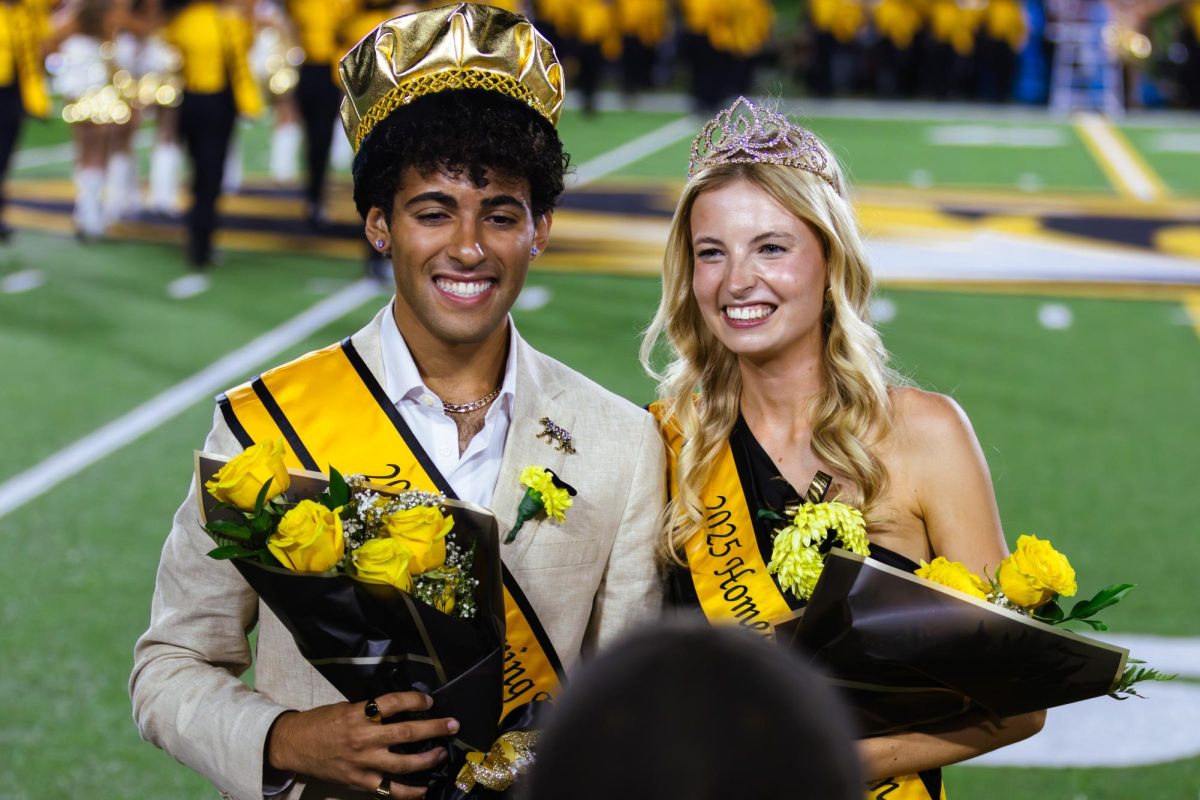University of Virginia senior Yeardley Love was two weeks away from graduation in 2010 when she was beaten to death by her boyfriend.
Her mother, Sharon Love, created the One Love Foundation in her daughter’s honor. The Foundation sponsored the creation of the One Love My Plan mobile application, which assists college-age women who are either involved in abusive relationships or worried about friends in potentially harmful relationships.
Tina Bloom, assistant professor in the School of Nursing, assisted in the project, which included researchers from MU, Johns Hopkins, Arizona State and Oregon Health & Science universities.
Bloom, along with other researchers, interviewed students and faculty members who had either experienced abuse first-hand or witnessed friends going through it. They also tested the app on students and made changes depending on feedback.
“What we know is that there are a lot of things that we can do to help support young women who are in (abusive) relationships, but a vast majority of young women who find themselves in abusive relationships are going to talk to a friend about it, maybe a family member, maybe no one at all,” Bloom said. “They very rarely reach out to trained professionals who can give them a little more sound advice.”
Women ages 18 to 24 face the highest risk of being victims of domestic abuse, according to [a U.S. Department of Justice study](http://www.bjs.gov/content/pub/pdf/ipvus.pdf). My Plan uses research on this demographic of women and creates a customized plan of action.
“When they open it up, they’ll see a side that says ‘my relationship’ and they’ll see a side that says ‘my friend’s,’ ” Bloom said. “(Then) it begins with a dating violence 101, where we talk about healthy and unhealthy relationships and some of the myths about dating violence because college students that we tested this with said that was really important.”
Following the lesson on dating violence, the user is taken through a quiz asking about different red flags in relationships.
“It’s hard, especially when you’re young,” Bloom said. “Maybe it’s your first relationship. It’s kind of hard to know what’s normal or OK, and what’s fighting or problems versus what’s actually abuse.”
If the user is identified as someone who is either experiencing or witnessing an abusive relationship, the app moves on to the My Safety portion, which includes a Danger Assessment tool developed by Dr. Jacquelyn Campbell, a nursing professor at Johns Hopkins University.
“This tool has been used by advocates, police, health care folks,” Bloom said. “It helps the user get some feedback on the dangerousness of their relationship, and it’s just really important to us to include because it’s hard to think about, but sometimes abusive relationships can be extremely dangerous or even deadly.”
Next, users are given the opportunity to think about their priorities and how they relate to their relationship.
“With anything in life, you’re juggling various priorities — thinking about your relationships, your privacy, your safety, your school, your friends,” Bloom said. “In making decisions around an abusive relationship, all of those factors come into play. We don’t tell them what their priorities ought to be, we just give them a chance to think about what’s important to them.”
After analyzing each step, the app creates a safety plan, offering strategies for handling abusive situations and tips on how to go about starting a conversation if one worries a friend is in trouble.
The app also provides links and phone numbers to different services users can go to for help.
“For students, often times, if they seek help or counseling services on campus, they are afraid that their parents will find out about it, that they’ll be billed or they’ll see that they had access to those services,” Bloom said. “They don’t, but it’s a common perception, and one that we’ve had to address.”
The app also offers resources for males experiencing abuse, as well as women in same-sex relationships.
“There is the perception that same-sex relationships can’t be abusive, that women can’t be violent, that partners of the same gender can defend themselves, or even if there is abuse, that it’s minor and not dangerous for their health,” Bloom said. “We don’t talk about dating violence among young women as much as we should, and we definitely don’t talk about it among sexual minorities either.”
The My Plan app is available for free in both the App Store and Google Play. As the app receives more funding, it will be updated with more information, Bloom said.
“It really works for picking up on (abusive) relationships,” Bloom said. “It helps the user identify what they are seeing in a relationship that is truly dangerous. Hopefully we can prevent injuries and deaths with that information.”







